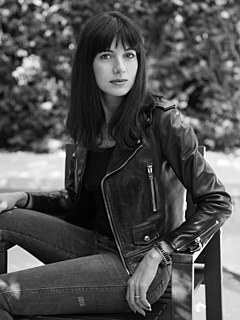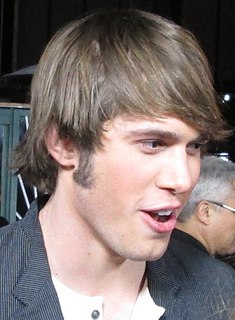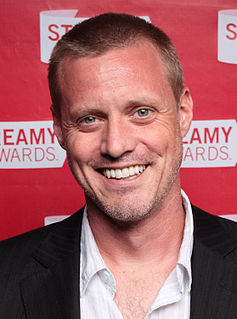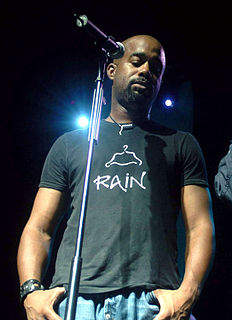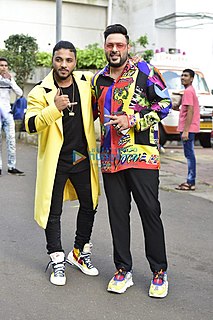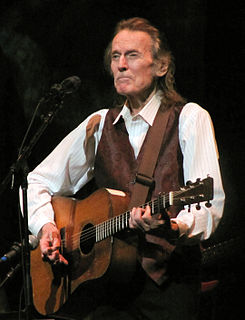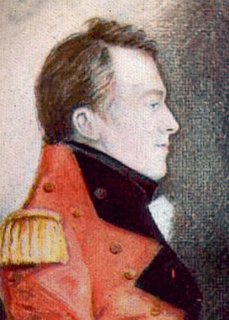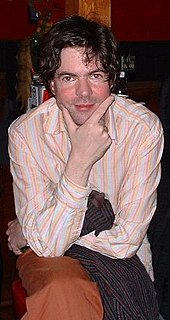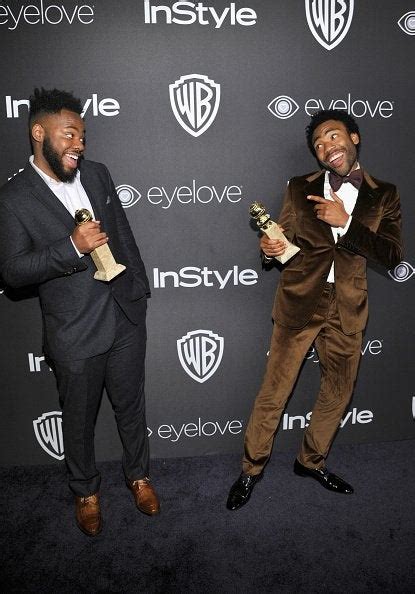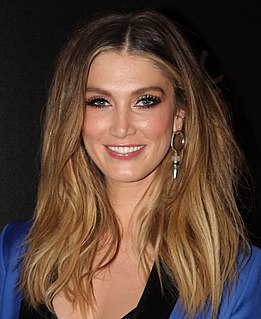A Quote by Veronica Vasicka
I had been DJing a dance night in Brooklyn and witnessed the response people had to "The Devil's Dancers" - Oppenheimer's one hit song. All these young people were dancing to this amazing song, completely unaware of whether it was current or not. It was from 1982, but sounded very current. It made sense that a physical record should exist for this song again. It seemed the obvious choice to represent what Minimal Wave was going to be.
Related Quotes
I never want to record something that I'm not proud of just because I think it might be a big hit. There's no positive about that because if you record a song you hate and it's a big hit, then you're singing a song every night that you hate. And if you record a song that you hate and it isn't a hit, then you sold out for no reason.
You're not going to hit it every single time, and that's why, when I record an album, I do probably close to 50 songs. Each song I record has to get better. If it's not better than the last song that I made, it'll usually linger for a couple of months, and then it'll be put on the backburner, and then there'll be another song that I do, and then it often doesn't make it on the album.
But once you've made a song and you put it out there, you don't own it anymore. The public own it. It's their song. It might be their song that they wake up to, or their song they have a shower to, or their song that they drive home to or their song they cry to, scream to, have babies to, have weddings to - like, it isn't your song anymore.
If you're recording the song on your four-track in your kitchen, when you finished writing the song, you're recording, and it's cool, and honor that. And maybe that's the version that should be released. And if you're recording the song again, it shouldn't be because there's a version you love that you're chasing. It should be because "You know what? I made a recording, but I don't love it emotionally." So, okay, then record again. And be in it and take advantage of the buzz and energy of "I'm getting to record right now!" It's such a beautiful and cool privilege.
